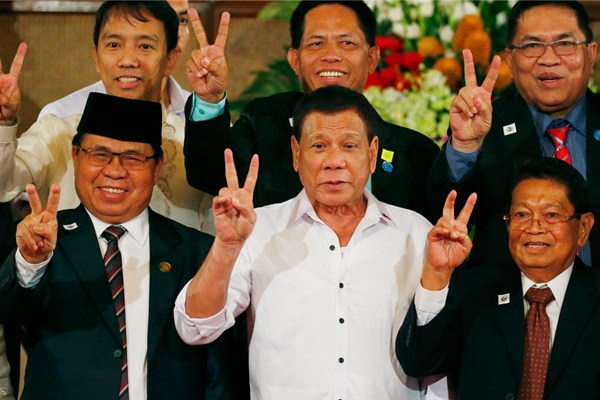In the fragile west of the Philippines’ war-ravaged southern island of Mindanao, voters in recent weeks overwhelmingly approved an historic peace accord aimed at ending five decades of bloody separatist conflict. The vote ratified a new law on expanded autonomy, known as the Bangsamoro Organic Law, paving the way for a new Muslim-majority self-governing region to replace the existing Autonomous Region in Muslim Mindanao, which has been in place since 1989. The public stamp of approval, in a high-turnout, two-stage referendum on Jan. 21 and Feb. 6, marks the culmination of a lengthy peace process between the Philippine government and the Moro Islamic Liberation Front, Mindanao’s largest and most powerful Islamist rebel group.
Between the two votes, though, the atmosphere of hope was shattered when twin explosions rocked a cathedral on the island of Jolo, killing 22 people. The blast came just six days after voters in Jolo and the rest of Sulu province narrowly rejected inclusion in the new autonomous region. The attack, apparently carried out by ISIS-aligned Abu Sayyaf militants, serves as a stark reminder that radical elements opposed to expanded autonomy remain intent on derailing the final stages of the peace process in Mindanao.
Amid the specter of further violence, even with autonomy secured, the hierarchy of the Moro Islamic Liberation Front now faces the challenge of transitioning from insurgents to politicians capable of governing. Its leaders must navigate a tricky three-year implementation period before contesting elections for the first Bangsamoro parliament, scheduled for 2022. The Front must also oversee the demobilization and disarmament of its own ranks while restricting militant activity and curtailing Mindanao’s ingrained culture of clan-based warlordism.

